I’m here to stay.
- 42 Posts
- 639 Comments

 2·10 months ago
2·10 months agoAgreed on your points and usually I do 2. (name) and 3. (exit instead else) sometimes. For the
[[over[, it usually matters only for word splitting and globbing behavior, if you do not enclose the variables between quotes I believe. But looking into the shellcheck entry, looks like there is no disadvantage. I may start doing this by default in the future too.So thanks for the suggestions, I will update the script in a minute.
Edit: I always forget that Beehaw will break if I use the “lower than” character like in
 , so I replaced it in the post with
, so I replaced it in the post with cat %%EOFwhich requires to change that line. And the example usage is gone for the moment.Edit2 (21 hours later): I totally forgot to remove the indentation and else-branch. While doing so I also added a special option
-h, in case someone tries that. Not a big deal, but thought this should be.
Just a thumb of rule to make sense of it: A column in AWK is by default any space separated part. You can change the column separator to any other character too with
-F ":"in example would be a double colon. There is also a way to print all columns, but with certain exceptions. In example print all, but the third and fourth columns:ls -l | awk '{$3=""; $4=""; print $0}'. Admittely I forget this syntax often and have to look for it again.
A perfect example when to use AWK.
It depends, there are no hard rules. I have a preference for the native package manager with pacman and repository of my distribution. I also would like to use AUR more often, but it depends who is maintaining that package. It also depends if there is a Flatpak available. Some AppImages have an auto update for itself, so I download it only once and use the applications own update functionality manually.
The good thing about AppImages are that they usually don’t require super user privileges to install (in other words use) them and I can also archive them very easily.

 1·11 months ago
1·11 months agoBut make backups…
You have to think in terms of bottleneck. If you have a really heavy desktop environment or operating system, then it can (and will) slow down older and weak computers. For those, it makes sense to install some special prepared environments, so it does not slow them down. If you have a modern and fast computer with plenty of resources, then it won’t make a difference which you install.
In example, you have 16gb RAM, but your system uses only 4gb. Switching to a system that uses only 2gb won’t get you any benefit, you have plenty of room that is unused. And for all other daily operations in the Window environment, lets say opening and closing windows with some effects and transparency, would lets say for fun require 1ghz of CPU to calculate without slowing the operation down. If you have a modern multicore CPU with 5ghz, then you don’t win anything by installing a desktop environment or operating system that makes use of only 0.5ghz.

 4·11 months ago
4·11 months agoNo doubt about ntsync being superior and better than the hacky solutions of current implementation. My point is only about the performance gains, which can be misleading to some people if they do not pay attention. I’m not saying anyone was “false advertising” here, just making clear its compared against the base WINE version and not Proton.
I’m still curious and want to see how much of a performance difference in a real Steam environment will be.

 522·11 months ago
522·11 months agoThe big boost for gaming is only relevant if you do not use Proton. While there might be some boost for selected games, in general the new Kernel 6.14 shouldn’t make much of a difference for Steam gamers using Proton. Because Proton already got some alternative to NTSync mechanism, which improved some titles already.
The benchmarks presented with huge %-boosts and improvements are compared to previous WINE version, which do not have some of the alternative optimizations from Proton. Therefore I would be a bit cautious, if you already play on Steam using Proton.
This can easily be solved by bundling all update commands into a single command. I have an alias for this, that updates everything with just a command called
update. There is no need for an extra software. But you have to figure out the commands and options to do this correctly. For my operating system EndeavourOS, I have this:alias update='eos-update --yay ; flatpak update ; flatpak uninstall --unused ; rustup self update ; rustup update'then run it with:
update… which updates the system, the AUR, Flatpak and my Rust environment. You don’t need to rely on any third party software to update your system.
If anything, a fork would take its place. If something like that would happen. It doesn’t even need much change, only the name and branding, and the user agreement. While doing so some defaults would change too probably, as a sideeffect. To be honest, I hope this happens.

 13·1 year ago
13·1 year agoThe Ubuntu and Manjaro era is over. Arch is the new Ubuntu (by popularity for gaming). Fedora and Endeavour also grew a lot. Question is if they reached their ceiling already. Pop OS could explode in popularity once COSMIC is out, but maybe not for gaming. Bazzite got even a patch note addressing an issue with this specific distribution in the game Marvel Rivals. Here is a lot of potential for this distro, as an alternative for the future general SteamOS distro (if it ever comes out as a general install media). BTW, nobody seem to talk about HOLO ISO anymore.

 2·1 year ago
2·1 year agoThe best way to learn something is by hurting you.

 7·1 year ago
7·1 year agoRemember what Bruce Lee said:
I fear not the man who has practiced 10,000 kicks once, but I fear the man who has practiced one kick 10,000 times.

 1·1 year ago
1·1 year agodeleted by creator
Oh its Bellular News. Yeah, he does lot of clickbait. I unsubscribed since 2 years by now.
KDE Plasma 6.3 is a VERY polished version! by “The Linux Experiment” is a video overview on YouTube of Plasma 6.3. There is also a new laptop product in the video, but you don’t have to watch that part (I am only interested in KDE).
I like the focus of improving the little usability things and bug fixing in general. Especially cloning the “panel” is useful if you want try new configurations or widgets without ruining your current setup. And hopefully their drawing tablets widget finally supports Wayland, as this one of the major points they have on the post. At least on Plasma 6.2 this is still not the case.
Looks like XDG Desktop Portal is using dbus and expects it: https://flatpak.github.io/xdg-desktop-portal/docs/common-conventions.html
XDG Desktop Portal uses D-Bus in a slightly uncommon way, due to the potentially long-running nature of some of its requests.
And for the one user in your link https://snoo.habedieeh.re/r/voidlinux/comments/1471jbk/why_do_i_need_to_start_sway_with_dbusrunsession/jnxpxz7/?context=3#jnxpxz7 stating instead using d-bus, would use
seatd, I assume it has compatibility with d-bus. He recommends to uninstall d-bus in that case. I have no idea what seatd can do and if this is applicable to other distributions than Void Linux. So unfortunately I don’t know more than you. It makes sense that some sort of messaging is required in sandboxed environments.Funny enough I just looked in my Archlinux based system and look what we have, seatd is installed already. And
dbusis also installed.
In short, X11 is a bit unsecure in its concept (like every program can read keyboard inputs you are doing right now). The multi monitor configuration possibilities and mixing different setups is basically impossible (I mean stuff like mixing 4k@120 Hz with G-Sync and another one with 1080p@60 Hz with just V-Sync). X11 or XOrg has a long history since the 80s with many versions, the code base is spaghetti code and its not a pleasure for developers to work on.
Wayland is new, with a fresh and modern code base. It eliminates the security and monitor issues. Programs not written for Wayland does not work, but luckily there is XWayland, which allows running X11 games on Wayland. You can think of like Proton for X11, but without the benefits of Wayland, just a compatibility mode. In Wayland there are sub protocols, meaning standard definitions, that are developed and added after some time passes. I personally think protocols being like an addon that allows doing more stuff in a standardized way across all systems that support it. Developers in Wayland have a much better time working with its modern code base.
Have a look at https://wayland.freedesktop.org/docs/html/ch03.html .

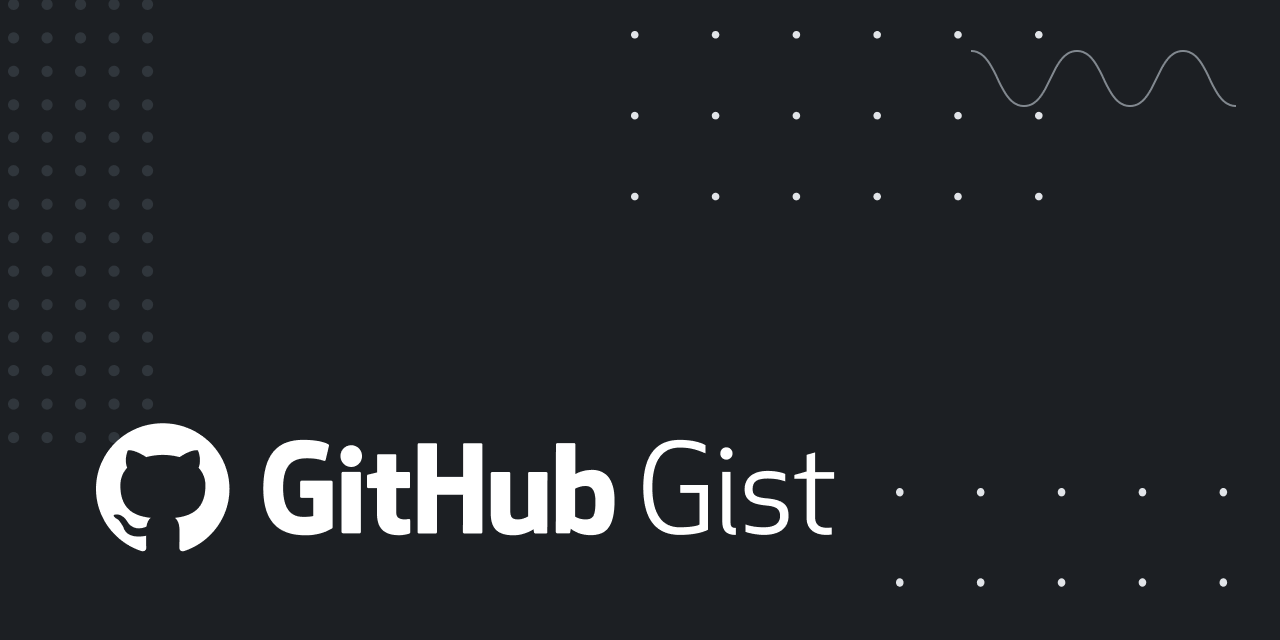
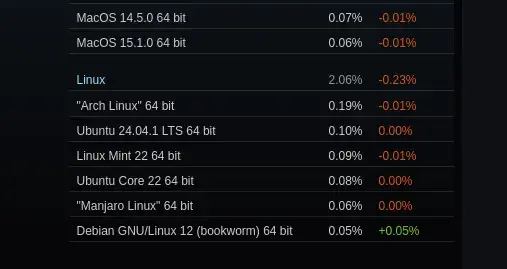


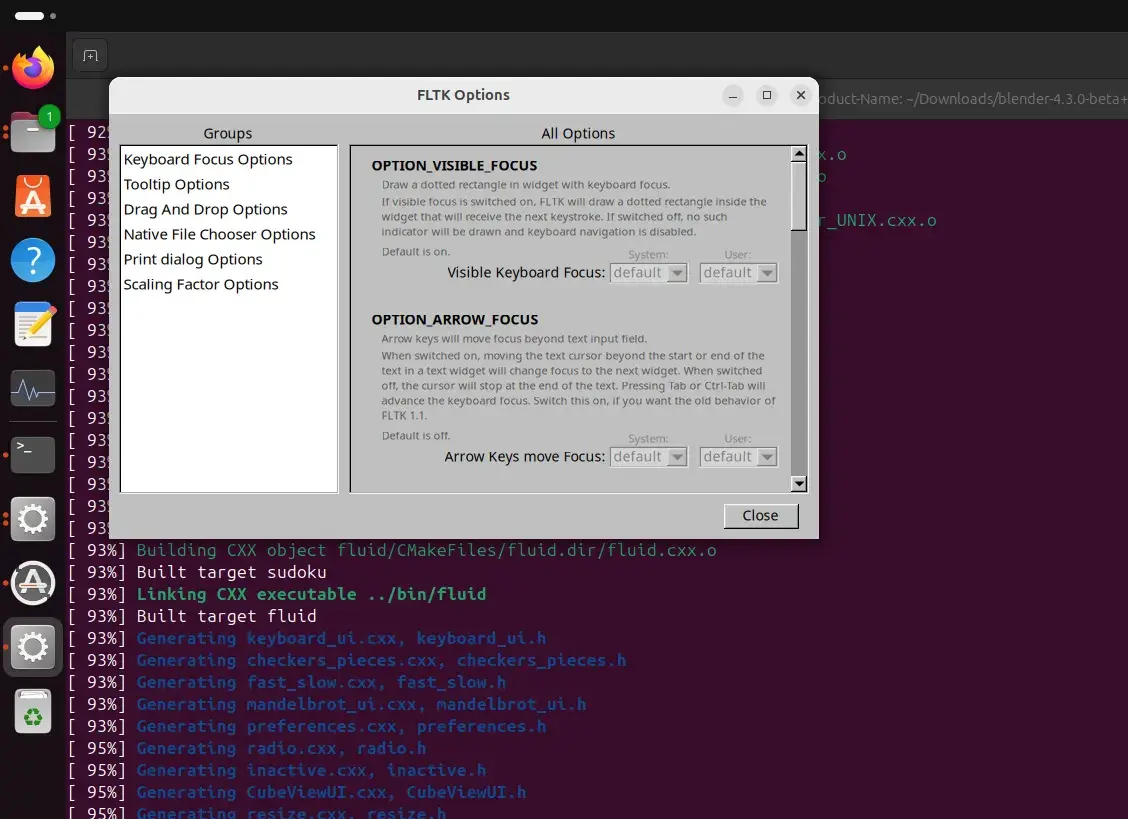
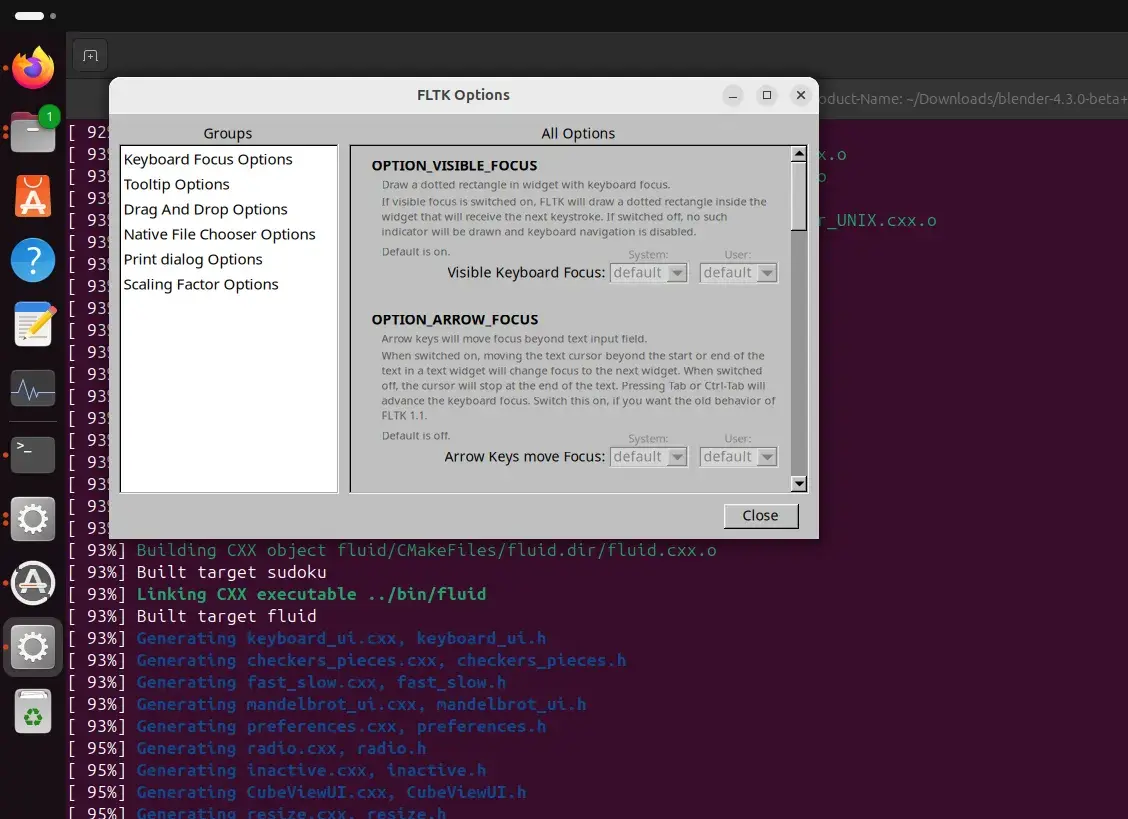
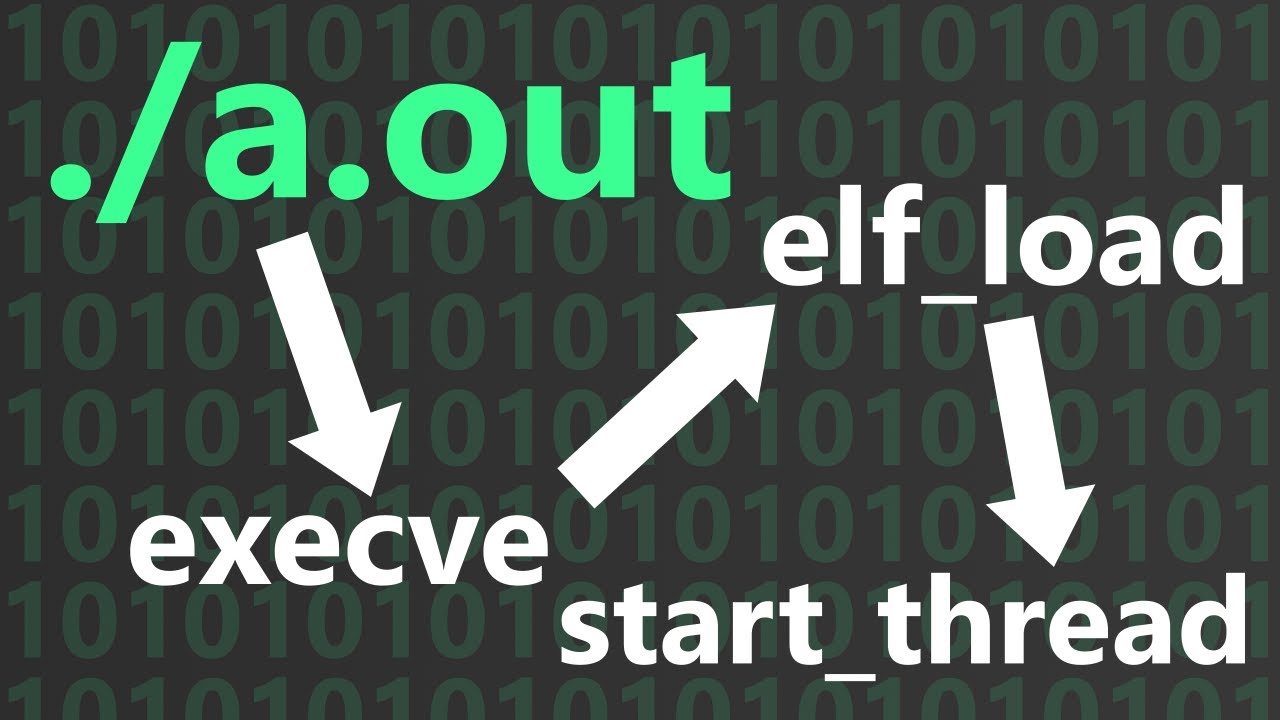


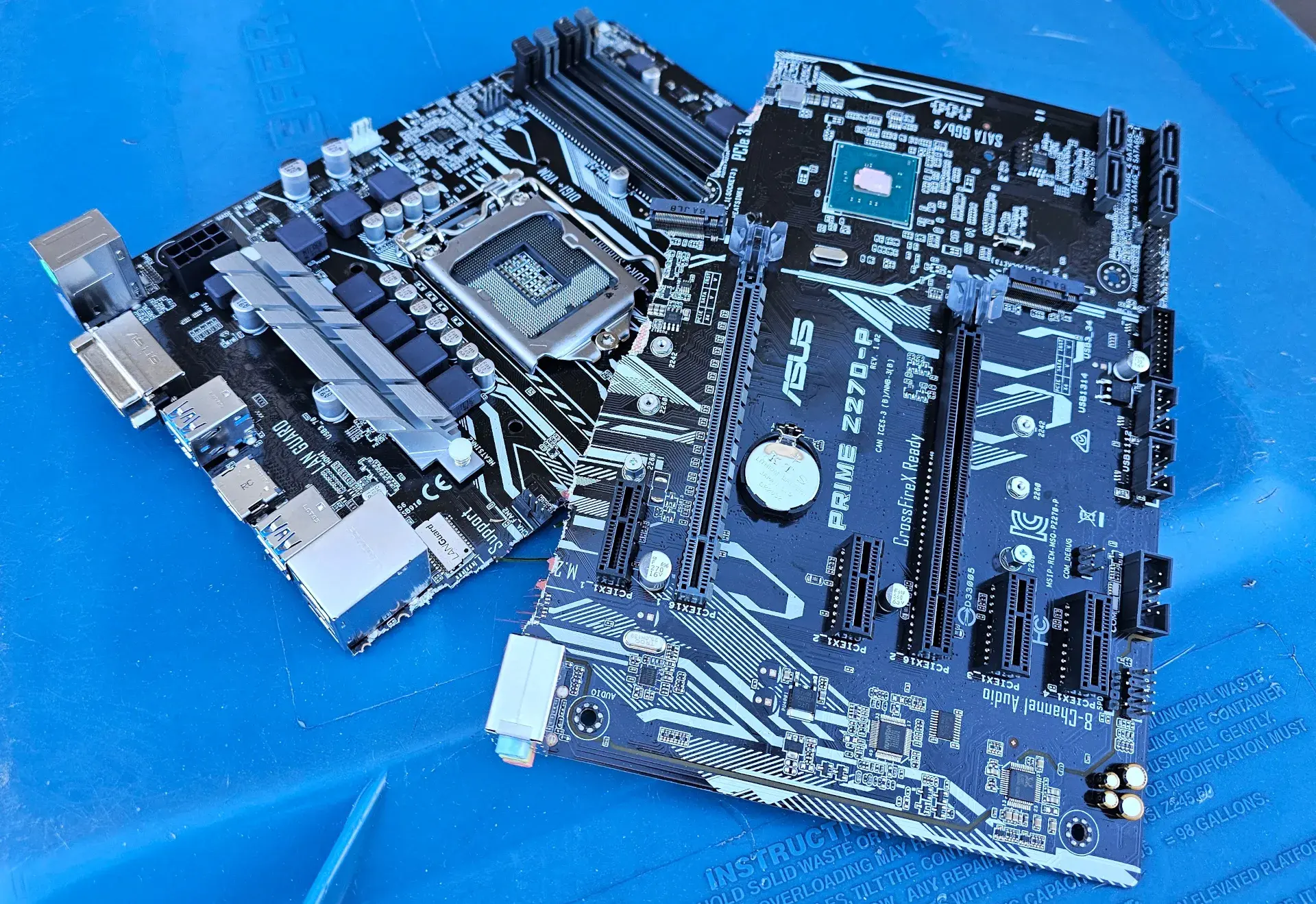






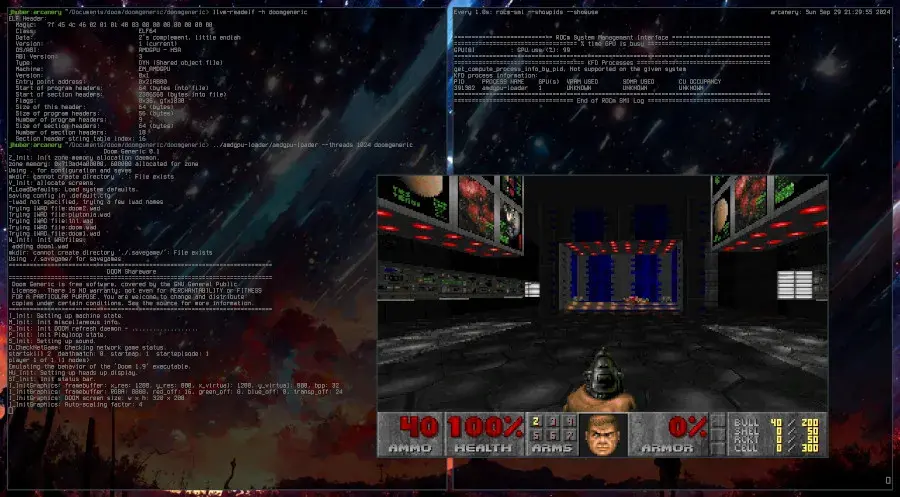
crc32 is very common amongst emulation and roms. While often they provide md5sum too, crc32 is a bit faster on bulk.